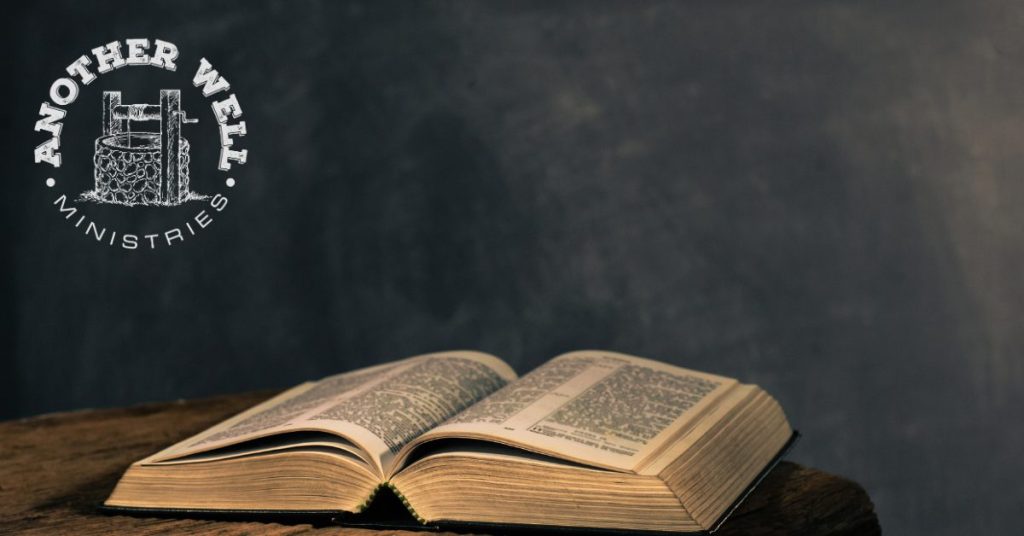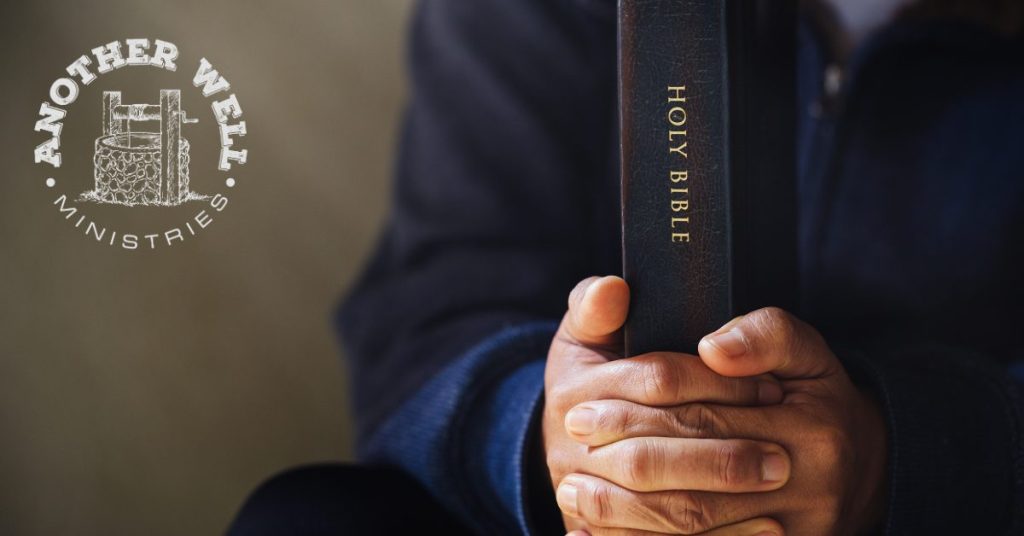WASHINGTON — At least $274 billion of the bipartisan Senate infrastructure bill’s $550 billion in new spending would go toward transportation — a walloping one-time infusion of dollars in the nation’s roads, bridges, highways, ports, airports, rail and transit.
The measure also would give Transportation Secretary Pete Buttigieg the final say over about $105 billion of that $274 billion, according to one transportation analyst.
The 2,702-page bill, the product of months of negotiations between a group that ultimately included 11 Republicans and 11 Democrats, would impact vast swaths of the federal government, authorizing or appropriating dollars for programs in the Interior and Energy departments and the EPA, among others.
But a tally by Jeff Davis of the Eno Center for Transportation, an independent charitable foundation, shows the Department of Transportation would be the big winner. Not only would it receive the bulk of new spending, Davis found, but at least $105 billion would go toward DOT competitive grant programs over which Buttigieg is not the only arbiter for awardees but is the final one.
In an analysis of the infrastructure bill posted on Twitter, Davis said while each program has rules in law that must be obeyed when selecting winning grant recipients, the sum is “way more money than any other” Transportation secretary has been given for discretionary grants.
Buttigieg’s office did not respond immediately for comment. The secretary has been a major cheerleader for the Biden administration’s legislative priority, calling the new money for infrastructure “an investment of historic proportions.”
Of the various modes of transportation, rail would receive an extraordinary amount: $66 billion, with Amtrak receiving $58 billion split between Northeast Corridor grants, federal-state partnerships for intercity rail and the railroad’s national network. Before the coronavirus pandemic, Amtrak received about $2 billion in federal subsidies per year,
The appropriations title of the bill, which Arizona Sen. Kyrsten Sinema, D-Ariz., likened to a one-time supplemental spending bill, would give $6 billion to Amtrak’s Northeast Corridor, divvied out at $1.2 billion a year.
The spending title would provide $3.2 billion a year to Amtrak’s national network over five years for a total of $16 billion.
And intercity passenger rail would receive $36 billion, divided into $7.2 billion a year per five years, with no more than $24 billion of the total amount going to Northeast Corridor projects.
Jim Mathews, president and CEO of the Rail Passengers Association, which speaks on behalf of more than 40 million people, said the amounts allocated for Amtrak were “transformational.”
He said while he was disappointed the bill did not create a passenger rail trust fund that could provide a dedicated stream of dollars toward the passenger rail company, he was heartened by the policy language in the bill.
The bill, Mathews said, shifted the focus from making Amtrak a profit-making entity into one that emphasized that it was a taxpayer-supported service. The bill’s philosophy suggests, “we want to see you doing a good job with the money we give you but we’re not trying to make you have a profit,” he said.
Transit, which was one of the most contentious transportation-related issues among Senate negotiators, would receive $39 billion, including a $19 billion bump in contract authority and $10.25 billion in new funding for transit infrastructure grants. The bill also would provide $8 billion for Capital Investment Grants, which go toward capital investments in heavy rail, commuter rail, light rail, streetcars and bus rapid transit. Another $1.75 billion would be set aside for accessibility at stations for the elderly and people with disabilities.
And highways would receive some $110 billion, with half going toward contract authority and an additional half for supplemental appropriations.
The bill would extend the gas tax to fund the federal Highway Trust Fund, which also pays for transit, but would also borrow some $118 billion from general revenue to meet the needs of the nation’s highways. That amount is lower than the $148 billion transfer in a five-year surface reauthorization bill the House passed July 1, but a larger transfer was unnecessary because of a one-time infusion of dollars that is part of the appropriations section of the Senate infrastructure bill.
The legislation would also authorize a pilot program to study how to implement a user fee based on vehicle miles traveled, but it punts on the issue of how to make the Highway Trust Fund solvent. That means lawmakers will be faced again in a few years with addressing what has become a conundrum of federal transportation policy.
Transportation also played a role in the pay-fors, an assortment of revenue-generating mechanisms that in many cases repurposed federal dollars that had already been spent.
Among the $205 billion in COVID-19 relief that the bill repurposes is $3 billion that was initially used as payroll support protection for airlines. While passenger airlines have used virtually all of the $40 billion in payroll support passed by Congress since the pandemic began last year, cargo airlines used less than $1 billion of the $4 billion received in payroll support, according to a Treasury database that tracks how these funds have been spent.
Airports, meanwhile, would receive $25 billion, including $15 billion in formula funding over five years for airport projects such as runways and towers, as well as $5 billion over five years for discretionary grants. An additional $5 billion would go toward upgrading FAA facilities and equipment.
Support The Liberty Loft by donating via PayPal or donate with crypto. Your support helps us achieve our mission to deliver conservative news and opinion. You can find us on a wide variety of social media channels or subscribe to our notifications to receive all the latest information as it is released.







Comments 4